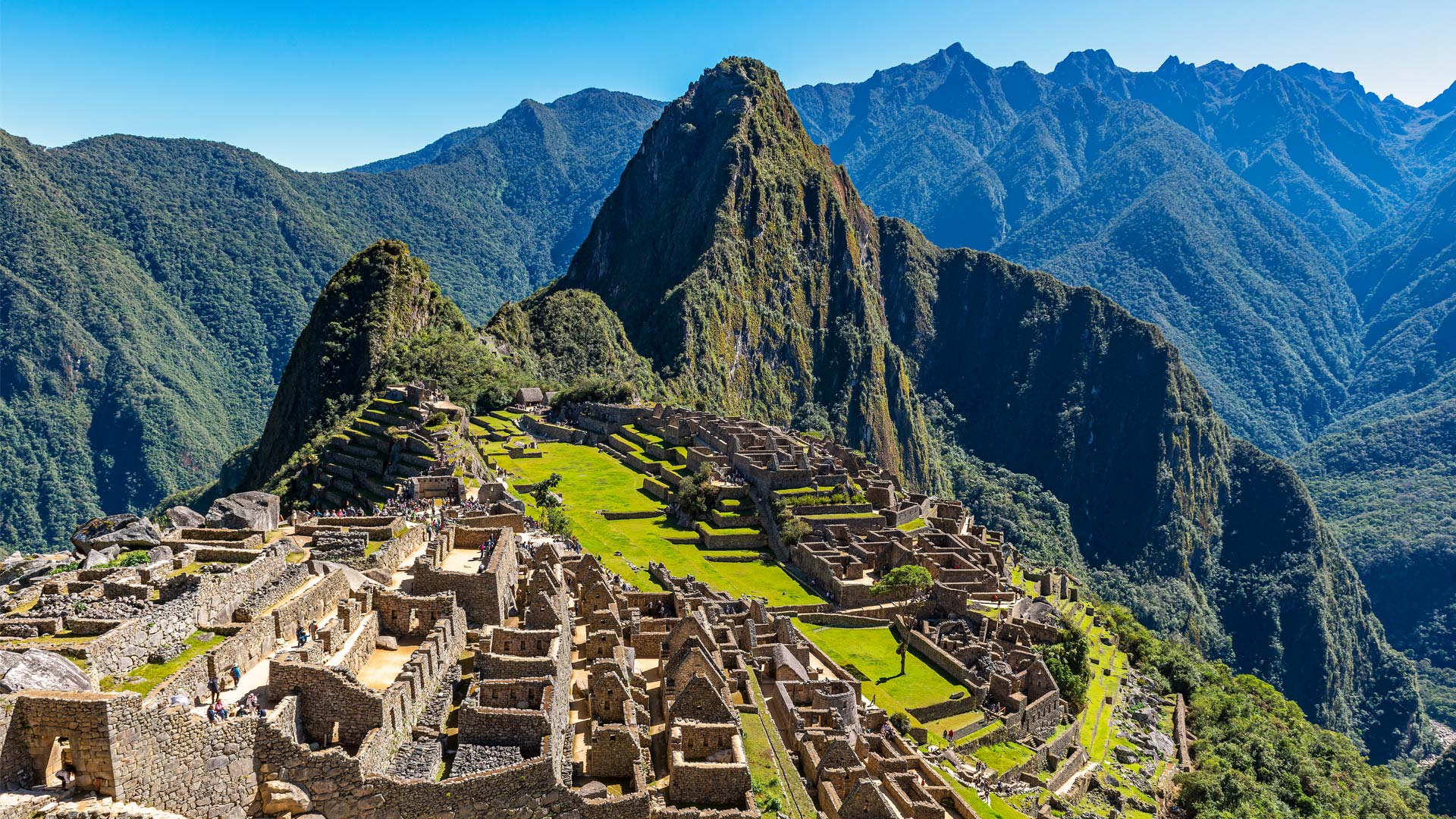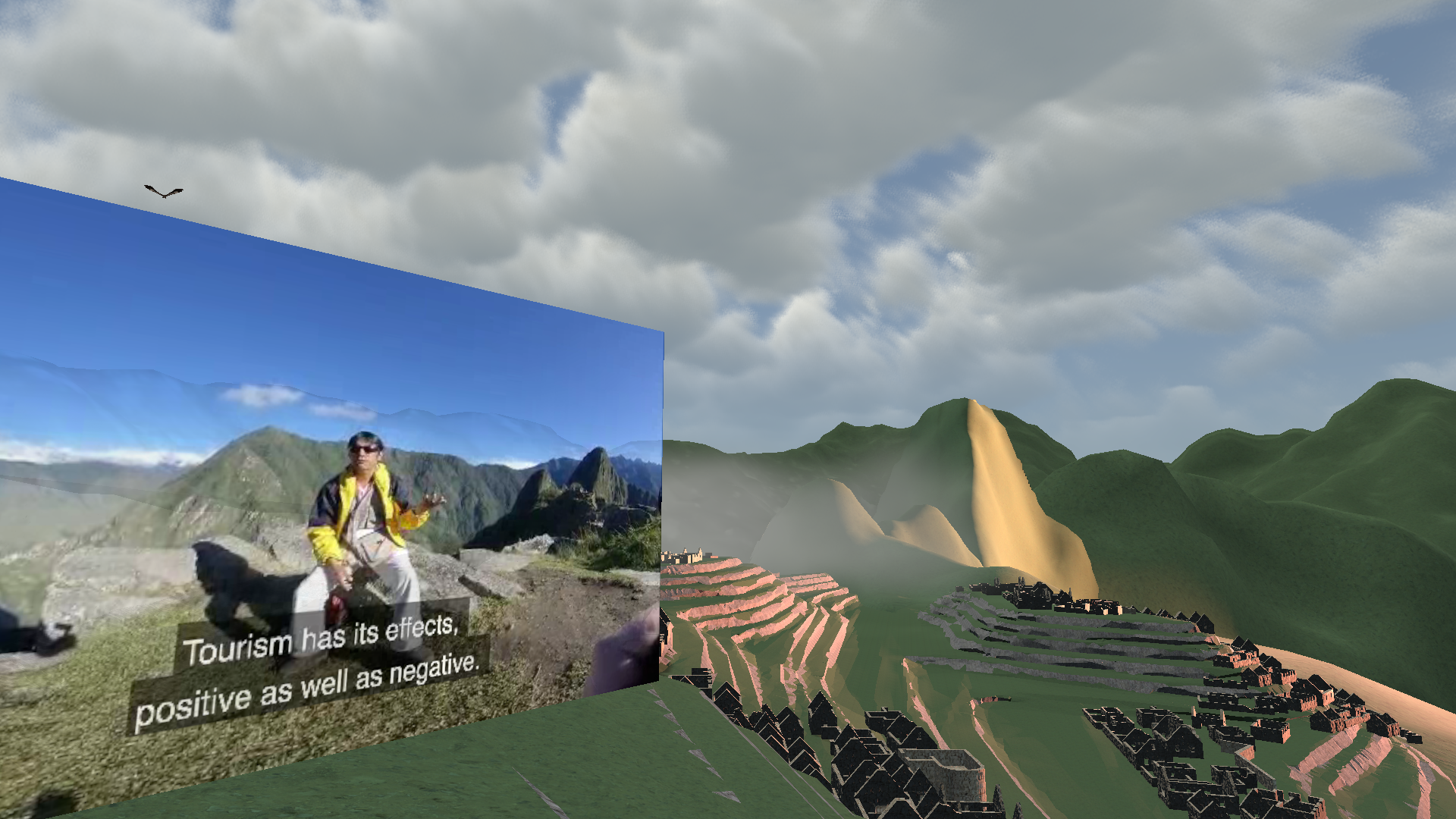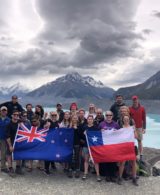Virtual Machu Picchu


The award-winning tool was built using virtual reality gaming software but a new web-based version means schools can access it without specialised equipment.
Dr Christian Schott of Victoria University of Wellington’s School of Management developed the tool with a multi-disciplinary team, including staff from the University’s Faculty of Education who provided guidance for schools on using it for teaching and learning.
Dr Schott says the purpose of the tool is to enable students to gain a better understanding and build connections with different people and cultures, without the environmental cost.
“It allows students to experience many aspects of a distant place and world, without having to travel there and have the greenhouse gas impacts that go with that,” says Dr Schott, adding that it is particularly relevant at a time when students cannot leave the country or in some cases attend school because of COVID-19 restrictions.
An earlier version of the tool developed by Dr Schott and members of his team focused on an island in the Yasawa group in Fiji and has been successfully used in his teaching for a number of years.
“We took the research findings from that to guide our development of the Machu Picchu Pueblo learning tool. Equipment constraints and other challenges for secondary schools have led us to develop a version of this virtual reality tool that is usable on computers without the need for virtual reality headsets. We want to enable all students to access this learning, not just those in high decile schools.”
Dr Schott says the project is driven by the need to help students develop critical and creative thinking to address the pressing challenges of sustainability and climate change.
“Classroom based learning and teaching generally doesn’t allow students to directly experience the social, cultural and ecological contexts of distant places,” says Dr Schott. “This tool does. It brings together experiential education and virtual reality technology to both immerse learners in a meaningful ‘case study’ and to cater to a wider range of learning preferences than commonly fostered through reading, writing or listening.”
Funded by the LatAm CAPE, the learning tool was developed by a multidisciplinary team that included Dr Andrea Milligan (Faculty of Education), Associate Professor Stephen Marshall (Centre for Academic Development), creative technologist Alan Proctor-Thomson (Burnt Pixel and Future Workshop), Jonathan Flutey (Centre for Academic Development), other University staff, and the community of Machu Picchu Pueblo (Peru). The tool was successfully piloted in three schools last year and the current version can be accessed here: https://www.virtualmpplearningtool.org/.
A new version is currently under development and will be launched at the end of 2022.







